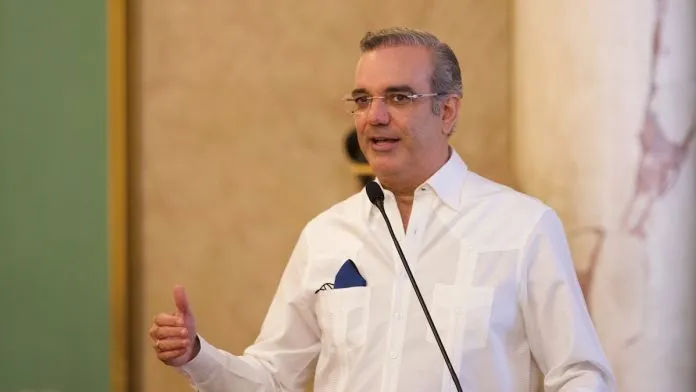Introduction
In the wake of the recent Venezuelan presidential election, Dominican Republic President Luis Abinader has expressed strong concerns about the electoral process and called for an international review of the results. His remarks reflect a broader regional demand for transparency and legitimacy in the Venezuelan electoral system. This article explores President Abinader’s call for action, the context of the Venezuelan election, and the responses from other Latin American countries.
Context of the Venezuelan Presidential Election
Election Overview
On Sunday, the Venezuelan presidential election concluded with Nicolás Maduro being officially declared the winner by the National Electoral Council (CNE). Maduro, who has been in power since 2013, was reported to have received 51.2% of the votes, while his primary opponent received a significant but lesser share. The announcement of Maduro’s victory has sparked controversy and calls for a more transparent review of the electoral process.
Role of the National Electoral Council (CNE)
The CNE, which oversees electoral processes in Venezuela, is perceived as being aligned with the ruling government. The Council’s official proclamation of Maduro’s victory has been met with skepticism and criticism from various quarters, including the opposition and international observers. The CNE’s management of the election and the subsequent announcement of results have been contentious, leading to demands for a thorough review.
President Luis Abinader’s Response
Public Statements and Concerns
On Monday, President Luis Abinader of the Dominican Republic took to social media platform X to express his concerns about the Venezuelan election. Abinader described the need for a recount of the voting records, emphasizing that transparency is crucial for the legitimacy of the electoral process. He asserted that electoral rules must be applied consistently and that an international verification of the results is essential for acknowledging the outcome of the election.
Expreso mi profunda preocupación por el proceso electoral en Venezuela, pues la transparencia debe ser la base de su legitimidad. Las reglas electorales no se pueden aplicar a discreción. Un recuento de las actas con verificación internacional es indispensable para reconocer el…
— Luis Abinader (@luisabinader) July 29, 2024
ADVERTISING
Abinader’s statements highlight a broader concern regarding the integrity of the electoral process in Venezuela. His call for an international review underscores the importance of ensuring that the election results reflect the true will of the electorate.
Call for International Verification
Abinader’s call for international verification is based on the premise that an independent review is necessary to confirm the accuracy of the results. By advocating for a recount with international oversight, Abinader aims to address the concerns raised by various stakeholders and restore confidence in the electoral process.
Reactions from Other Latin American Countries
Joint Statement from Regional Governments
Alongside the Dominican Republic, several other Latin American countries have expressed their concerns about the Venezuelan election. Governments from Uruguay, Argentina, Costa Rica, Ecuador, Guatemala, Panama, Paraguay, and Peru issued a joint statement on Monday, echoing the call for a thorough review of the election results.
This collective stance reflects a regional consensus on the need for transparency and accountability in the Venezuelan electoral process. The countries involved have called for an urgent meeting of the Organization of American States (OAS) to address the situation and discuss the way forward.
Regional Diplomatic Efforts
The joint declaration by these Latin American countries signifies a unified effort to address the issues surrounding the Venezuelan election. The call for an OAS meeting highlights the role of regional organizations in mediating and resolving electoral disputes. The involvement of multiple countries underscores the broader implications of the election and the need for a coordinated response.
Implications of the Call for International Review
Impact on Venezuelan Politics
The demand for an international review of the election results could have significant implications for Venezuelan politics. If an independent verification is conducted, it may help to resolve some of the disputes and restore credibility to the electoral process. Conversely, resistance to such a review could exacerbate tensions and lead to further political instability.
Influence on Regional Relations
The collective call from Latin American countries for a review of the Venezuelan election reflects broader regional dynamics and concerns. The emphasis on transparency and international oversight highlights the interconnected nature of regional politics and the importance of maintaining democratic standards. The response from the international community will likely influence the future direction of relations between Venezuela and its neighbors.
Conclusion
President Luis Abinader’s call for an international review of the Venezuelan election results underscores the need for transparency and accountability in the electoral process. His concerns, shared by several other Latin American countries, highlight the broader regional commitment to upholding democratic principles. As Venezuela navigates the aftermath of the election, the response from both domestic and international actors will be crucial in determining the path forward and ensuring a fair and legitimate electoral process.


